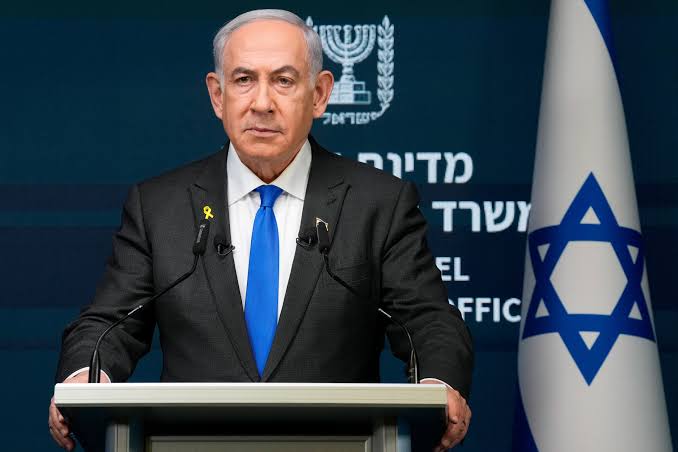Israeli Prime Minister Benjamin Netanyahu’s right-wing coalition has withstood a key political challenge after the Knesset on Thursday rejected an opposition-led motion to dissolve parliament and call for early elections.
According to AFP, the motion failed by a vote of 61 to 53 in the 120-seat Israeli legislature. The opposition had hoped to capitalize on rifts within the coalition, especially around a controversial bill concerning military service exemptions for ultra-Orthodox men.
Speculation had mounted that some ultra-Orthodox lawmakers might break ranks, but most ultimately backed the coalition, preserving the government — for now.
Under parliamentary rules, the opposition must now wait six months before it can attempt another dissolution motion.
Ahead of the vote, Likud lawmaker Yuli Edelstein announced that parties had reached a consensus on the framework for a new conscription law. Though details remain under wraps, Edelstein said the proposal would expand military recruitment and enhance national security.
“Only a real, effective bill that broadens the military’s recruitment base will emerge from the committee I chair,” Edelstein posted on X (formerly Twitter).
“This is historic news and marks a step toward meaningful reform and strengthening Israel’s defense.”
Rising Tensions Amid Gaza Conflict
The debate over ultra-Orthodox military exemptions has intensified amid Israel’s nearly 20-month-long conflict in Gaza.
The Israeli Defense Forces are grappling with manpower shortages, prompting calls for broader participation in national defense.
Finance Minister Bezalel Smotrich warned that holding elections during wartime would be reckless.
“History will not forgive anyone who drags Israel into elections in the middle of a war,” Smotrich said.
“There is both a national and security imperative for the ultra-Orthodox to serve.”
Opposition leader Yair Lapid, however, viewed the failed motion as a sign of a crumbling government rather than stability.
“When governments begin to fall apart, this is what it looks like,” Lapid said.
He criticized ultra-Orthodox parties for prioritizing exemptions over solidarity during wartime and accused Netanyahu’s administration of enabling “tens of thousands of healthy young people” to avoid military service.
In response, Communications Minister Shlomo Karhi defended the coalition, insisting it remains united and focused on governance.

